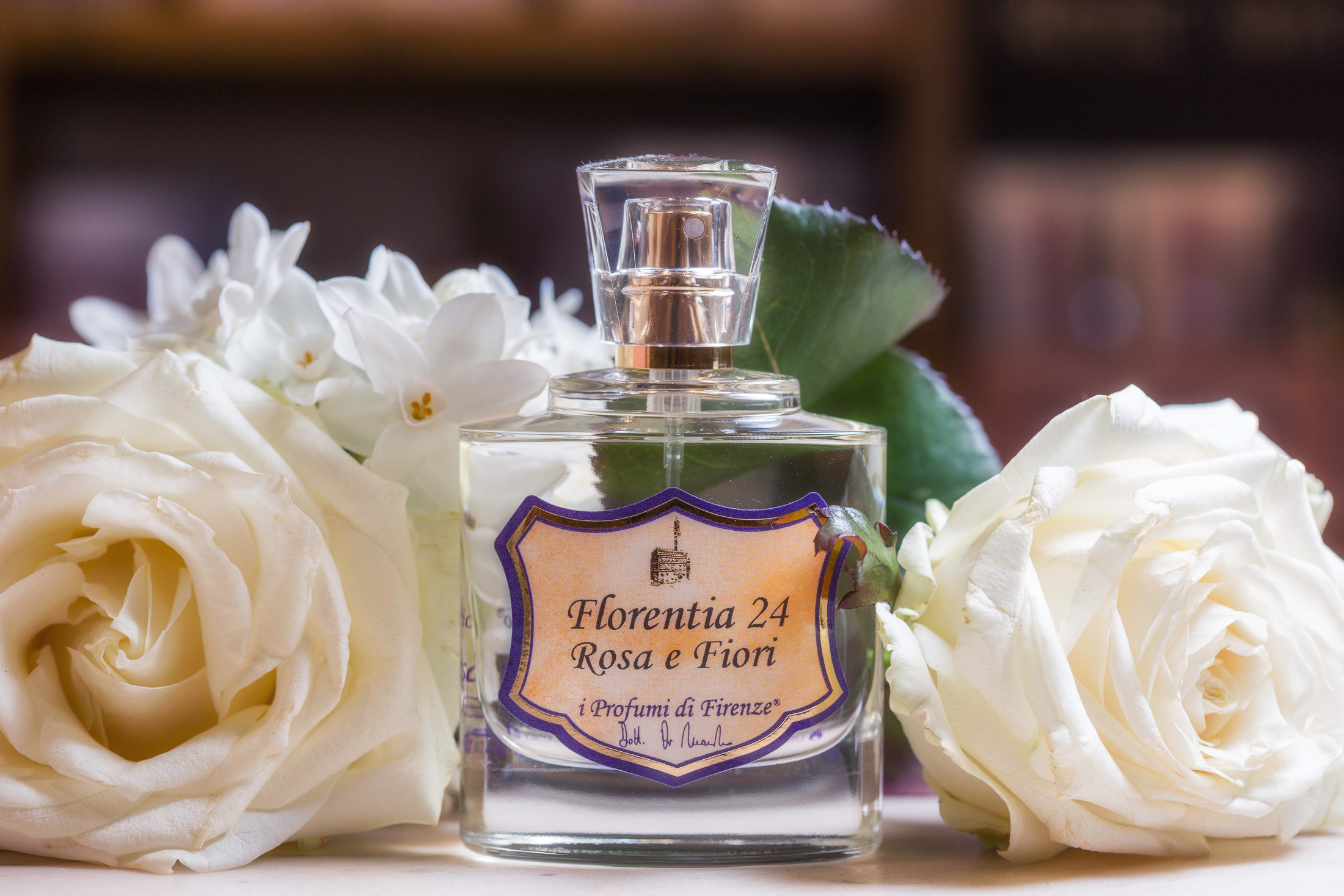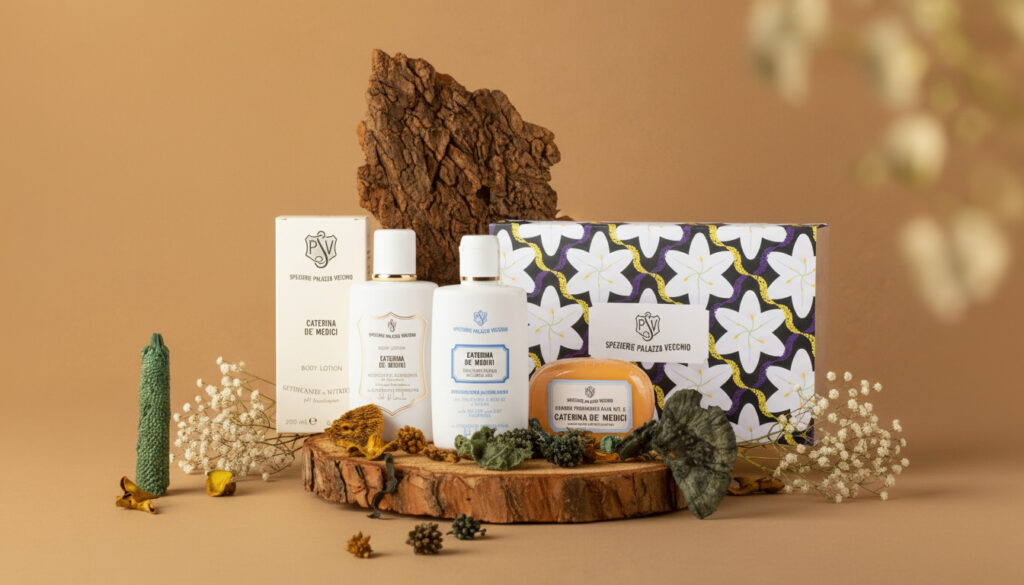The DAILY BEAUTY and SKIN CARE ROUTINE is essential for maintaining hydrated and healthy skin.
Here are some tips on how to hydrate your skin:
- Reduce or suspend exfoliation to avoid further stressing the skin.
- Avoid aggressive cleansers that can dry out the skin.
- Instead, use gentle cleansers without chemical surfactants such as ULTRA-GENTLE CREAMY BIODETERGENT. Its formula, composed of only three ingredients, makes it a very gentle product that does not alter the skin’s hydro-lipidic barrier. Also, thanks to its creamy texture, a small amount with little water is enough to deeply cleanse the skin without foaming. These characteristics also make it an excellent makeup remover to use as an alternative to micellar water, which often tends to dry out the skin.
Use functional substances that are already part of the skin barrier and need to be replenished.
The most important of these is hyaluronic acid, which, thanks to its high molecular weight structure, can bind a significant amount of water molecules, giving firmness to the deeper layers of the skin. Scientific studies have shown that just 0.1% of hyaluronic acid has hydrating properties. However, to introduce hyaluronic acid externally, it must have a combination of high and low molecular weight molecules. The low molecular weight allows it to better penetrate the barrier created by the hydro-lipidic film.
HYALURONIC ACID FACE SERUM is based on pure hyaluronic acid with low and high molecular weight concentrations of 1% for immediate action. It keeps the skin naturally hydrated for a long time, thanks to the higher concentration of high molecular weight. It also gives volume and smoothes expression lines with a natural and marked lifting effect thanks to the low molecular weight component.
To enhance the effect, it is essential to combine the serum, which acts on the deeper layers, with a cream that “blocks” the serum and acts on the surface layer.
The BIOCREMA RIGENERANTE CONTORNO OCCHI has a delicate formula that allows it to be used on the eye area. It also contains hyaluronic acid and sun filter, useful characteristics to prevent dehydration.
For oily skin, this dehydration treatment is sufficient. If the skin is dry, as a night treatment, a richer cream is recommended, preferably with ceramides and oils to reconstitute the lipid part of the skin barrier, and anti-aging ingredients to counteract the appearance of wrinkles.
To act on both fronts, we recommend the IMMUNO 6 face cream based on Argan Oil, Hyaluronic Acid, Resveratrol, Rhodiola Rosea, Coenzyme Q-10, Pomegranate, and Ginkgo Biloba. The active ingredients, due to their high concentration and synergistic action, fight and reduce the formation of free radicals that cause skin cell aging. They also have a marked antioxidant action and stimulate cellular renewal and microcirculation, giving dull and opaque skin a new radiance.
Alternatively, to provide nourishment and restore the skin’s lipid balance, vegetable oils are excellent, particularly ARGAN oil, which, among its characteristics, also stimulates collagen production.
CHIARA DUILIO
BIOLOGIST





